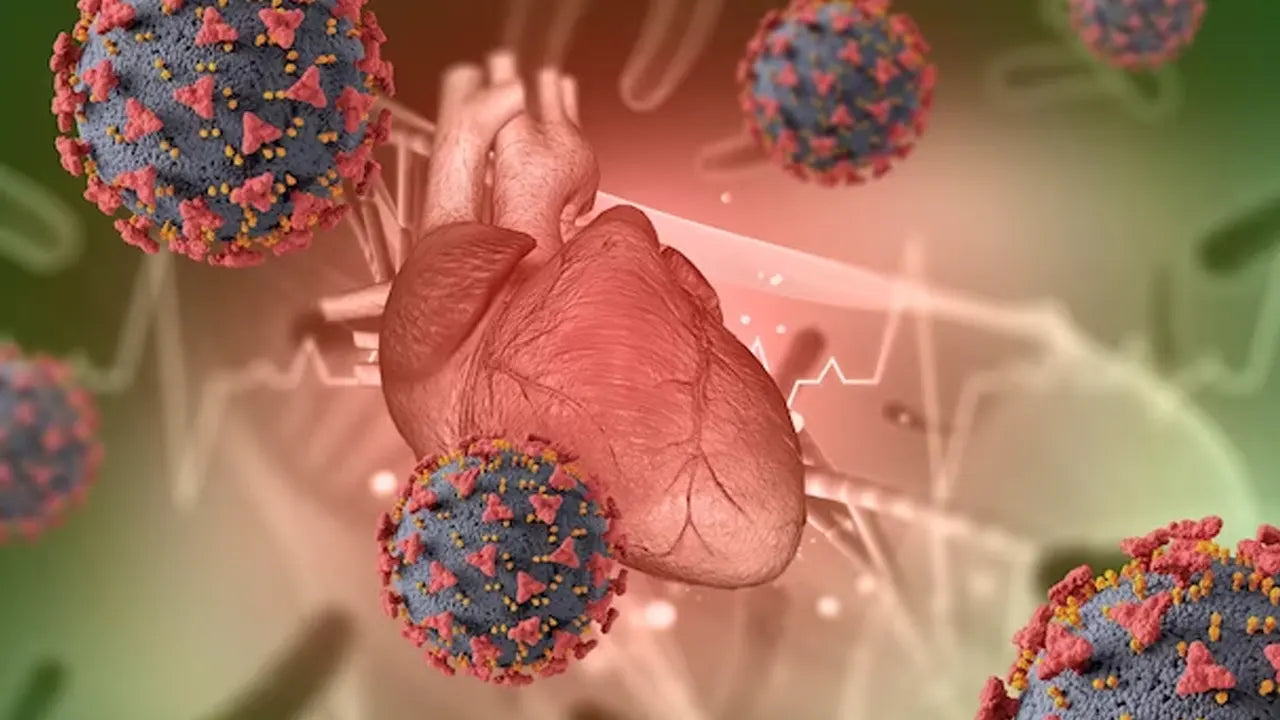The extraordinary number of mitochondria in heart cells keeps our hearts beating with steadfast resolve and rhythmic precision. This pint-sized powerhouse is the linchpin of life, the spark that sustains every beat of your heart. So what are mitochondria? Picture them as minuscule factories inside your cells, tirelessly producing the energy needed to carry out life's functions. It's an incredible microscopic world that's as complex and vibrant as the world we live in. As we delve into this journey, you'll be amazed at the wonders that hide within our own bodies, the secret life of the heart, and the crucial role mitochondria play.
Does the Heart Use Mitochondria?

Number of Mitochondria in Heart Cells
Why Does the Heart Have More Mitochondria?

Symphony of Survival
Mitochondrial Heart Disease: An Unseen Challenge











